China introduces President Xi's political ideology in national curriculum
Thu 26 Aug 2021, 09:59:50
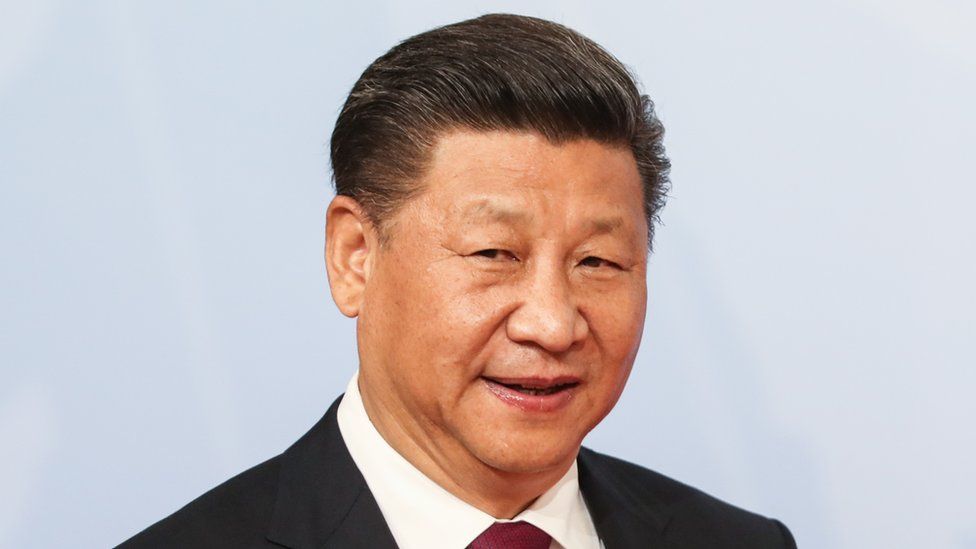
In the latest effort to consolidate the grip of Communist Party of China (CPC) on the Chinese society, China will introduce President Xi Jinping’s political ideology in its national curriculum for students at all levels. Country’s Ministry of Education announced this on Tuesday saying that “Xi Jinping thought” aimed to cultivate the builders and successors of socialism. The guidelines include labour education “to cultivate their hard-working spirit” and education on national security.
Since Xi Jinping became chairman of the CPC in late 2012, he had consolidated his grip on power with the high-intensity anti-corruption campaign in which over a million officials including several top military personnel were punished. He has also launched several political initiatives including the realization of the Chinese dream broadly defined as reclaiming the lost greatness of the nation, making China a moderately prosperous society, elimination of absolute poverty, consolidation of the CPC’s power over the military and integration of Hong Kong and Taiwan with the mainland, etc.
Amid these crackdowns, Xi also tightened the grip on country’s education sector in a bid to remove the influence of western education on the society. This impacted private players and tuition industry in the education sector who were forced to shut their institutes resulting in large unemployment in the sector.
“Xi Jinping Thought” has 14 main principles which emphasize Communist ideals and emphasizes “absolute authority of the party over the people’s army” and also the importance of “one country two systems and reunification with the motherland”. As per the new
curriculum, the primary schools will focus on cultivating the love for the country, the CPC and socialism.
curriculum, the primary schools will focus on cultivating the love for the country, the CPC and socialism.
In middle schools, the focus will be on a combination of perceptual experience and knowledge study, to help students form basic political judgments and opinions. In colleges, there will be more emphasis on the establishment of theoretical thinking, state media reported.
Considered as the most powerful leader after the first CPC chairman Mao Zedong, Xi is widely expected to continue in power for an unprecedented third term beginning late next year. Xi, 68, who heads the CPC, the military and Presidency will be completing his second five-year term as head of the party next year. Unlike his predecessors, he will not face the mandatory retirement rule of two terms following the amendment to the Constitution which removed the term limit for the President. Therefore, he can technically rule the country for his lifetime.
As he set for his third term, he recently launched a new initiative called “common prosperity for all” Chinese, which is widely reported to be a new policy of redistribution of wealth, ending the era of billionaires in the country.
The new policy shift follows unprecedented crackdowns on Alibaba and other top corporate firms from various sectors to tackle widening income inequality, rising debt levels and slowing consumption. It will include extra taxes on rich and ultra-rich people, philanthropic activities and a control on “illegal and unreasonable wealth” with a target to minismise the yawning gap in wealth distribution in the Chinese society.
No Comments For This Post, Be first to write a Comment.
Most viewed from International
Most viewed from World
AIMIM News
Latest Urdu News
Most Viewed
May 26, 2020
Should there be an India-Pakistan cricket match or not?
Latest Videos View All
Like Us
Home
About Us
Advertise With Us
All Polls
Epaper Archives
Privacy Policy
Contact Us
Download Etemaad App
© 2026 Etemaad Daily News, All Rights Reserved.




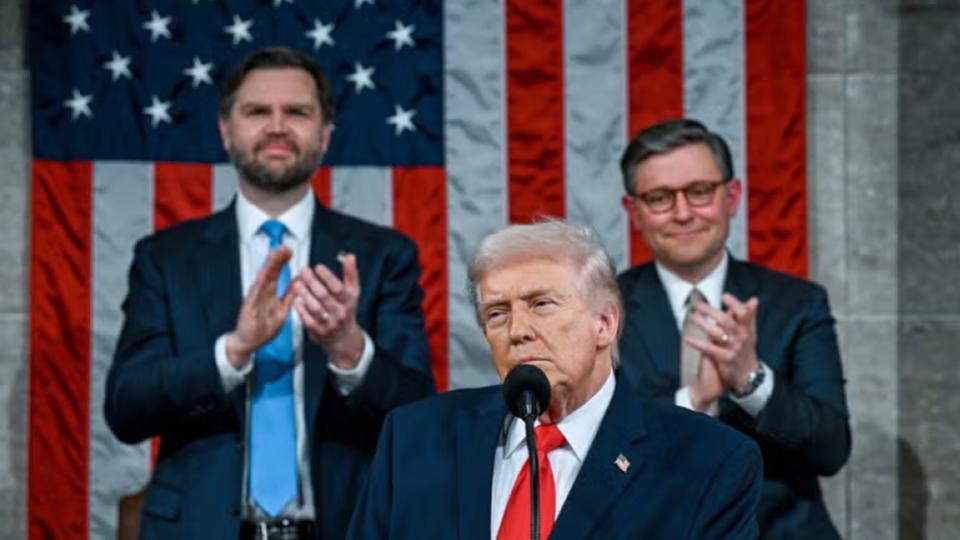
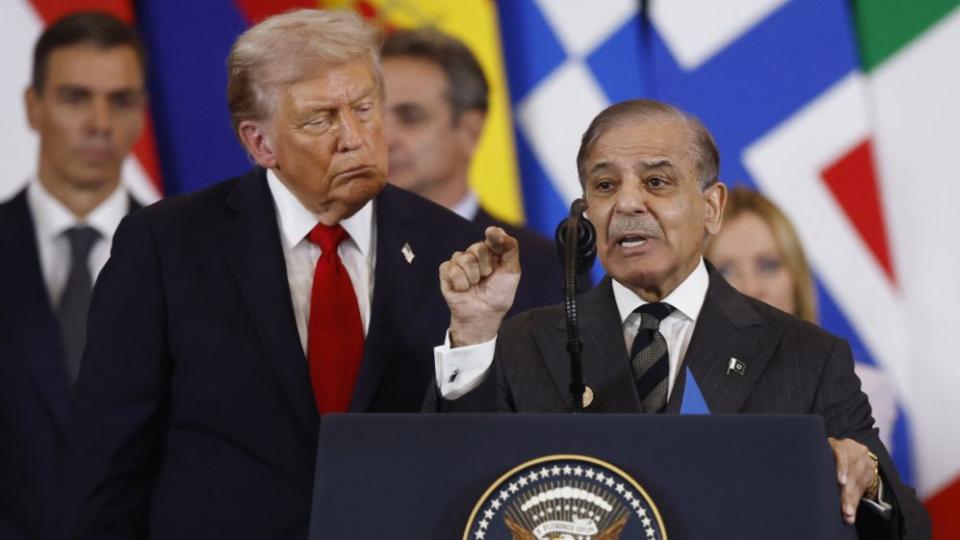


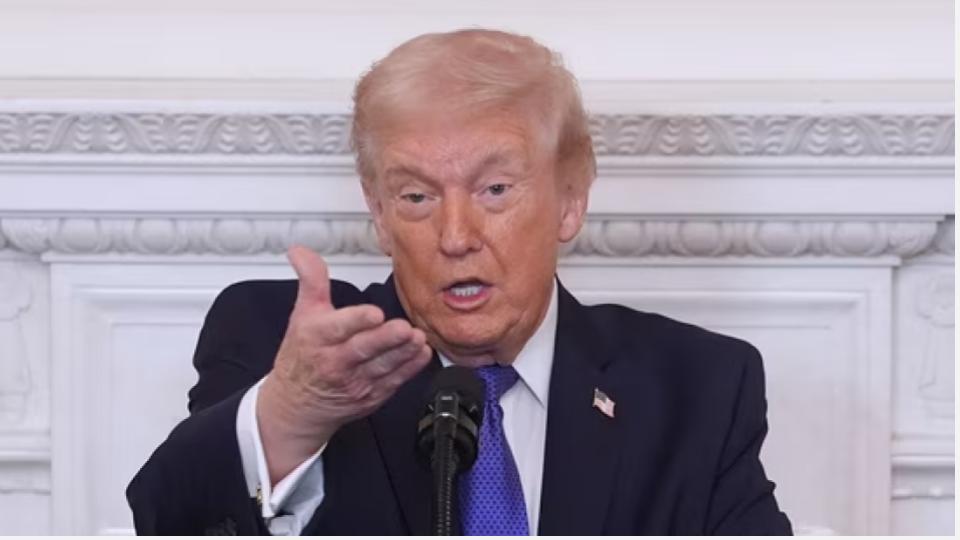

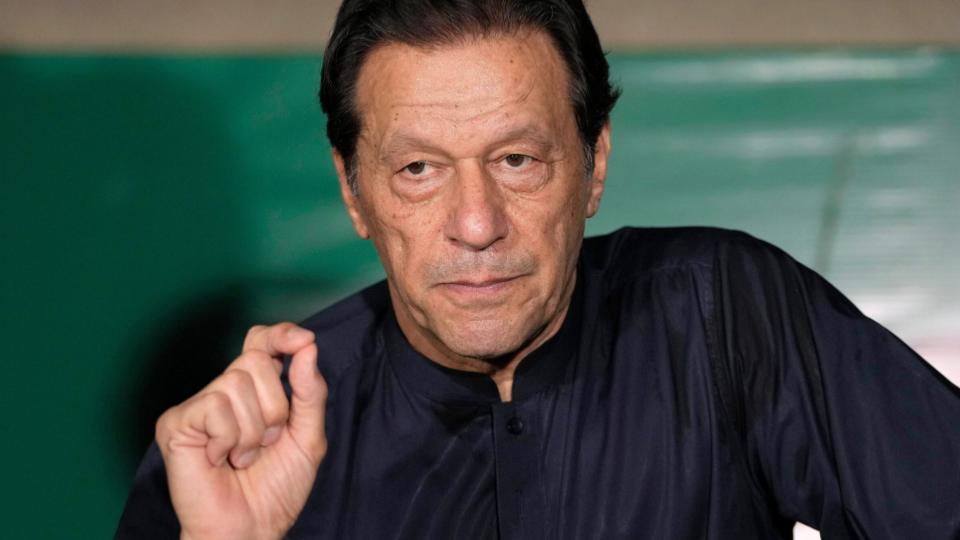

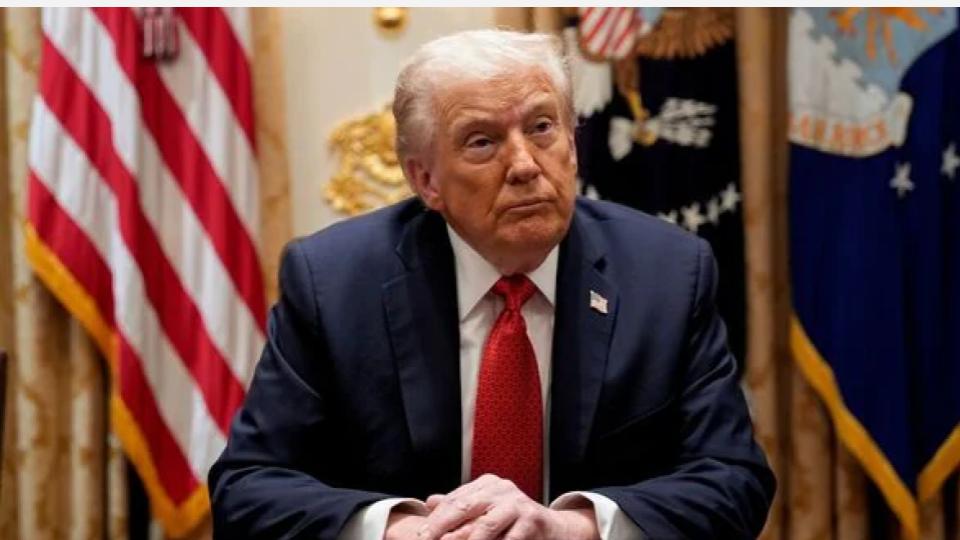
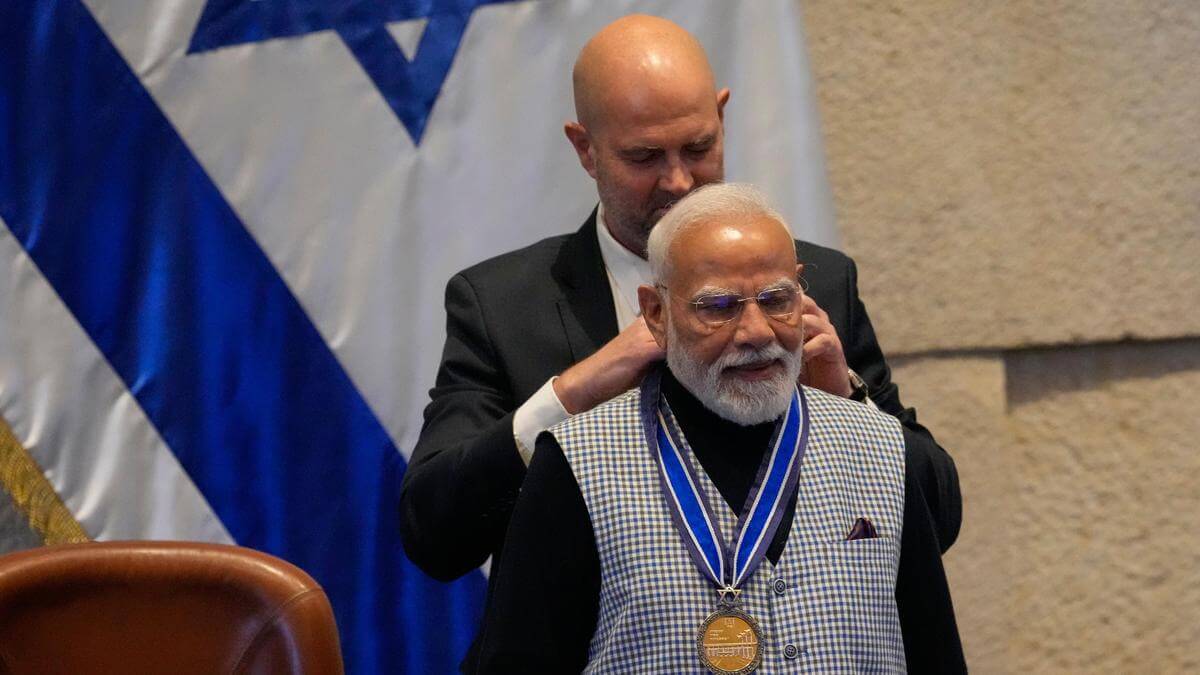
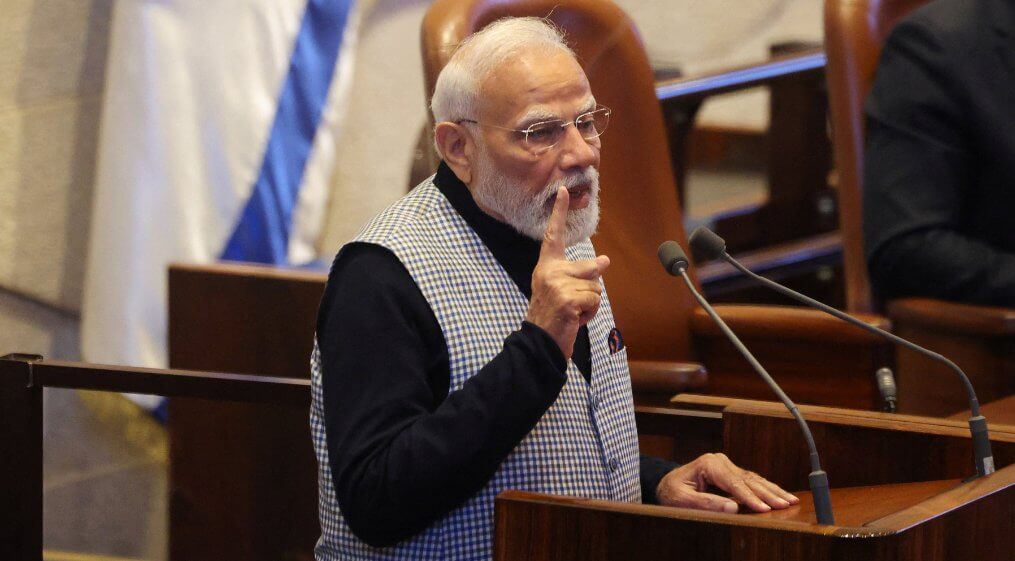
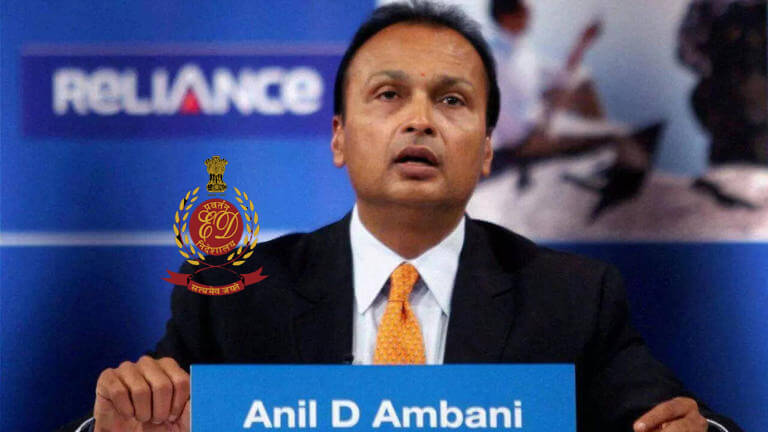

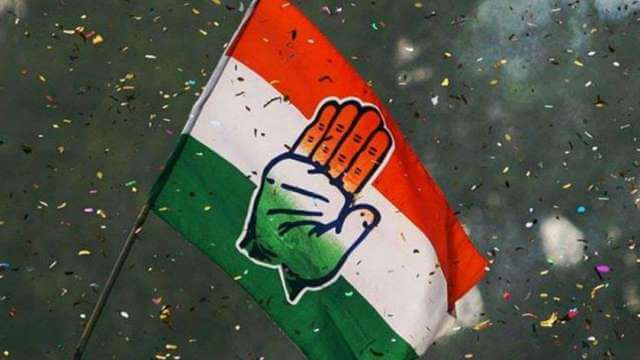
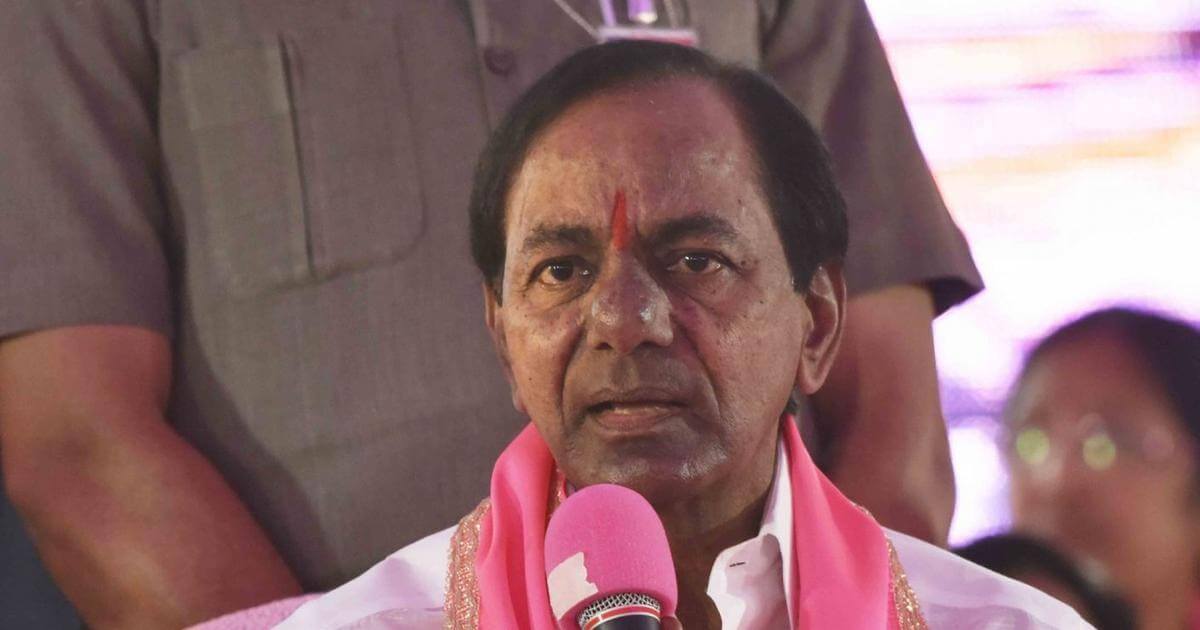
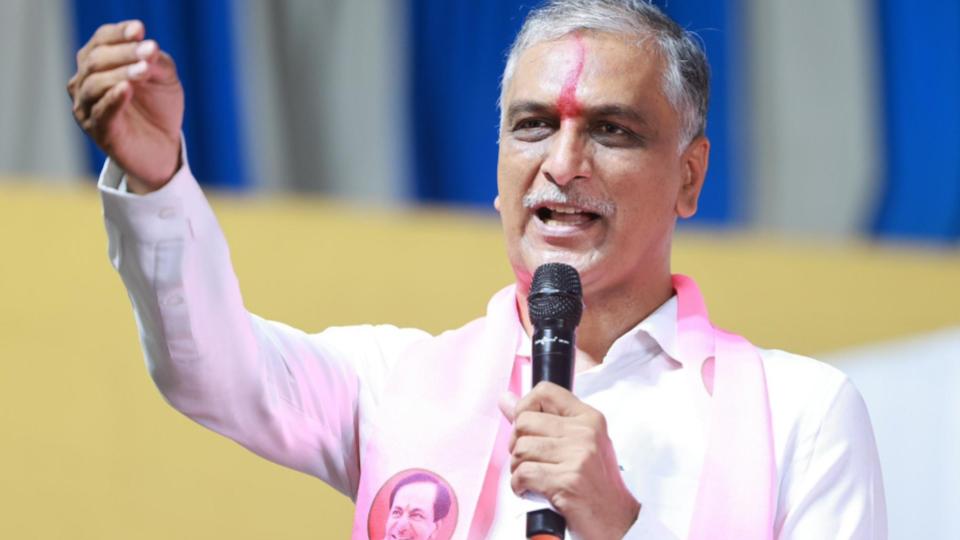




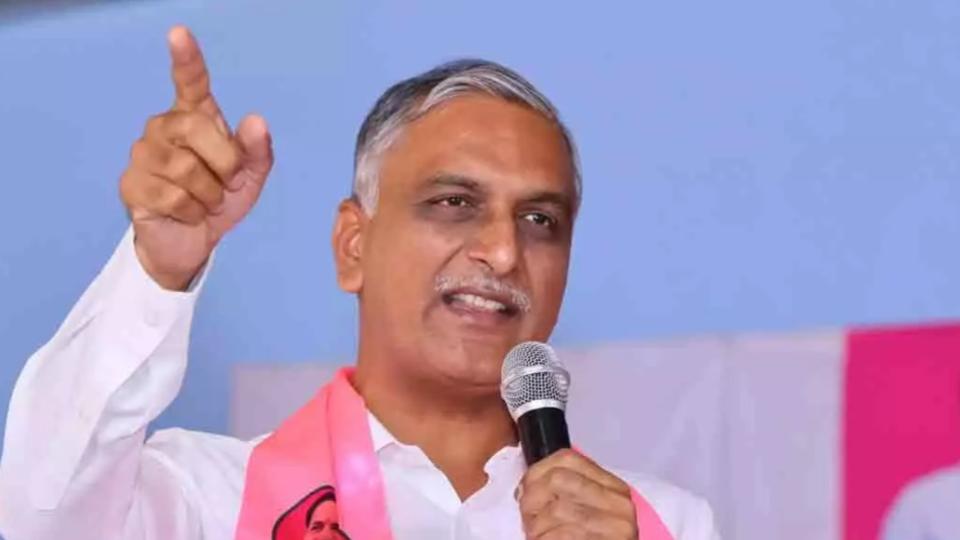












.jpg)
.jpg)
.jpg)


